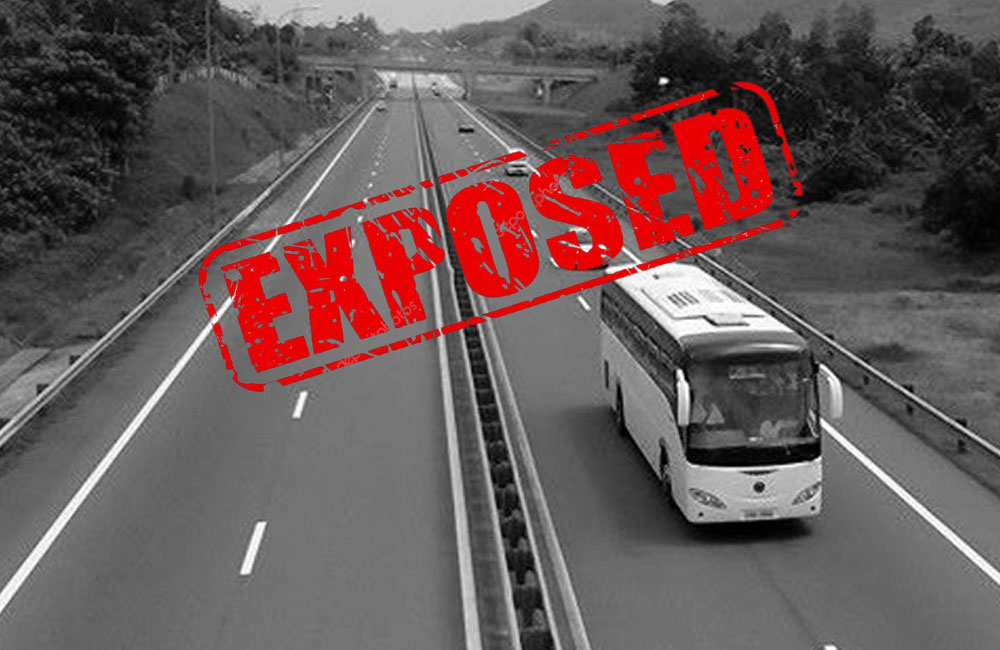Once envisioned as a modern transport solution linking Sri Lanka’s expressways, the Expressway Transport Company (Pvt) Ltd has turned into yet another cautionary tale of bureaucratic missteps, regulatory lapses, and wasted public resources with no tangible economic benefit to the nation.
The company’s inception itself was irregular. It was established in April 2014 through Board Paper No. 1551/2014 as a fully owned subsidiary of the Road Development Authority (RDA)—without the approval of the Cabinet.
Incredibly, the Memorandum of Association for the company had not even been presented at the time of approval. Despite these omissions, the Board proceeded to endorse its incorporation under registration number PV.98435, violating proper administrative and financial protocols.
Soon after, the Minister of Finance and Planning objected to the move, noting that the RDA had no legal authority to establish a private company.
In response, the Cabinet of Ministers, at its meeting on 8 May 2014, directed that the Expressway Transport Company should operate under the Ministry of Highways, Ports, and Shipping as a Treasury-owned entity.
The Cabinet further required that the Treasury’s prior approval be obtained for its Memorandum of Association and the appointment of its Board of Directors. None of these directives were followed.
What followed was nearly a decade of financial opacity and operational stagnation. In blatant disregard of Public Enterprises Circular No. 01/2021, the company failed to prepare or submit financial statements or draft annual reports for eight consecutive years (2016–2023).
This prolonged non-compliance prevented any form of audit or accountability for the company’s financial conduct.
As the project floundered, the government’s vision for a profitable expressway transport service evaporated. Despite significant public investment including the purchase of 20 luxury buses worth Rs. 216 million—the company failed to generate sustainable revenue or deliver measurable benefits to commuters or the national economy.
Recognizing the company’s complete failure, the Cabinet of Ministers on 26 June 2023 ordered its liquidation and the dissolution of its Board of Directors, assigning 15% of expressway bus operations and the company’s fleet to the Sri Lanka Transport Board (SLTB). Yet, as of 31 December 2023, even the liquidation process remained incomplete.
The saga of the Expressway Transport Company reflects a broader pattern of weak governance, disregard for Cabinet authority, and ineffective oversight within state institutions. Unless the government enforces stricter accountability and transparent financial management, similar ventures will continue to drain public funds without yielding any economic or social return.

Leave your comments
Login to post a comment
Post comment as a guest